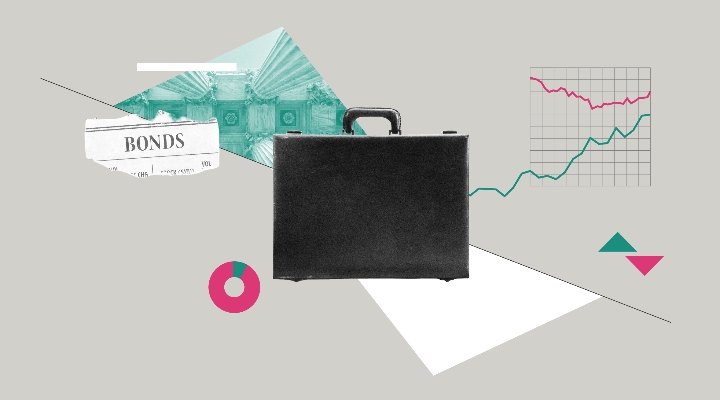
Fund manager Mark Denning, who was part of a team running more than £229 billion of assets at Capital Group, has been forced to resigned after allegedly breaking investment rules.
A BBC Panorama investigation – set to air tonight at 8.30pm – will accuse Denning of investing in shares which were also held by the funds he worked on. This is seen as a conflict of interest within fund management as a manager could potentially profit at the expense of his clients - the fund manager could use the significant assets of a fund to push up the share price of a company, benefiting his other investments.
The BBC alleges that Denning set up a fund based in Liechtenstein that invested in three companies which were also held by Capital Group funds. The BBC said the three stakes were held through an offshore entity named the Kinrara Trust, which was set up and controlled by Denning.
Denning, who worked at Capital Group for 36 years, has denied any wrongdoing. His lawyers told the BBC he does not own shares in the three companies as he is not a beneficiary of the Kinrara Trust. Denning’s lawyers said the manager “believed he had complied with all of his relevant duties” and that he had received bad advice.
Capital Group said: “Mark Denning is no longer with our firm. We have a Code of Ethics and personal investing disclosure requirements that hold our associates to the highest standards of conduct. When we learned of this matter, we took immediate action.”
Denning, 62, worked on four funds at Capital Group: American Funds EuroPacific Growth; American Funds Capital World Growth and Income; American Funds New World; and American Funds New Economy.
Morningstar analyst Mathieu Caquineau said: "More than one colleague has singled out Denning as uniquely talented. At the time of his departure, he managed money in four Capital Group statregies, all of which have Morningstar Analyst Ratings of Gold." Capital Group receives a positive "parent" rating from Morningstar analysts as it offers "some of the industry's more reliable equity and allocation offerings".
Capital Group said investors will not be affected by the manager’s departure as the funds he worked on were managed by a team. Funds at the firm are generally run by between two and 12 managers with each fund divided into different sleeves run by different managers in line their own style in order to enhance diversifcation and reduce volatility.
The departure by the veteran investor is the latest in a string of scandals to hit the fund management industry. Last week it emerged that Neil Woodford was to close his fund firm Woodford Investment Management after being sacked by Link Fund Solutions as the manager of his embattled Equity Income fund, which suspended trading in June.
Earlier this month it also emerged that a fund manager at M&G Prudential had been accused by colleagues of sexual harassment. There are mouting concerns that the string of bad news could shake investors’ trust in the fund industry.
A survey in July by Research in Finance found that 74% of private investors said the debacle around Woodford Investment Management had negatively impacted their trust in the asset management industry. Some 87% of investors who had purchased a Woodford fund based on a "best buy" list recommendation said it had affected their trust in such lists. Some 33% of the 307 private investors surveyed disagreed with the statement "I believe asset managers have my best interests at heart", while a further 34% neither agreed or disagreed.
Denning said: "I strenouusly deny the accusations levelled against me by Panorama. I am not a beneficiary of the trust, and therefore cannot under any circumstances benefit from any of its investments. Investors in Capital Group were never disadvantaged by any of these transactions.
"The BBC's error stems from inaccurate documents naming me as beneficiary, created by the office of my former fiduciary adviser Philip Caldwell. I am pursuing legal action against him for his many failures in his duties, including the attempted misappropriation of assets.
"I am appalled that the BBC decided to include me in this broadcast, drawing grossly inappropriate comparisons with the collapse of the Woodford funds, and the potential loss of substantial amounts of investors' monies."





























